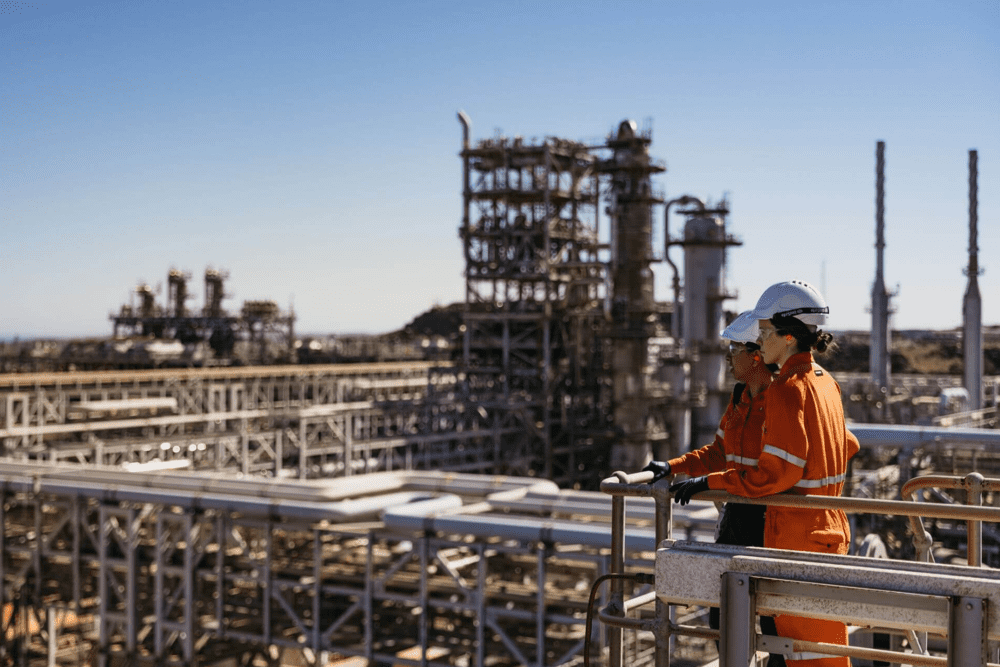
Woodside Energy and the Japan Bank for International Cooperation (JBIC) have signed a memorandum of understanding (MOU) aimed at securing a stable supply of energy for Japan and to assist in achieving its decarbonisation goals.
Woodside Chief Executive Officer, Meg O’Neill, and JBIC Deputy Governor, Amakawa Kazuhiko, met in Tokyo today to sign the historic non-binding MOU, which aims to promote cooperation in the LNG sector and the development of new energy products and lower-carbon services.
Meg O’Neill said Woodside’s relationships with the Japanese Government, customers and business partners date back to the critical Japanese investment in the Woodside-operated North West Shelf Project in the 1980s, which included JBIC (then Export-Import Bank of Japan) extending its first ever project financing.
“Japanese buyers underpinned the project by signing long-term gas supply agreements, which began with the first Australian LNG cargo arriving in Japan from the Karratha Gas Plant in 1989.
“Our relationships, which are built on trust and mutual respect, entered a new phase in 2008 when JBIC signed a loan agreement totalling up to US$1 billion with Woodside as part of a co-financing arrangement for the Pluto LNG project.
“This collaboration with JBIC will enable us to continue working cooperatively with our friends in Japan on our shared goals of energy security, pursuing decarbonisation opportunities and sustained prosperity for the Asia Pacific region,” she said.
Under the terms of the memorandum of understanding, the parties will identify potential projects which Woodside may be able to collaborate on with Japanese companies, in the areas of LNG supply, and new energy products and lower-carbon services.
LNG supply projects could include Woodside’s Scarborough project and proposed Browse and Sunrise developments, while new energy products and lower-carbon services could include hydrogen, ammonia, carbon capture and storage and carbon capture, utilisation and storage.




